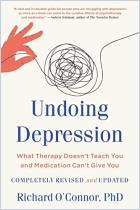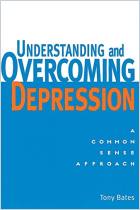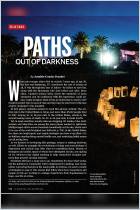
Mania May Be a Mental Illness in Its Own Right
Hundreds of thousands of people experience mania without ever getting depressed. Why does psychiatry insist on calling them bipolar?
Read or listen offline
Recommendation
Bipolar disorder is a widely recognized condition. So is depression, its darker side. Yet unlike depression, mania – the “upside” of bipolar disorder – is still not officially classified as an illness in its own right, despite hundreds of thousands of people experiencing episodes of mania without ever falling into depression. This poses problems when attempting to effectively treat unipolar mania, as it is called. Science writer Simon Makin investigates what is known about unipolar mania, why there is a reluctance about categorizing it as a “stand-alone” illness and the problems its unclassified status causes for treatment and research. The article will challenge physicians, pharmacists and anyone concerned with the diagnosis and impact of mental illness.
Take-Aways
About the Author
Simon Makin is a freelance science writer based in London.

















Comment on this summary or 开始讨论